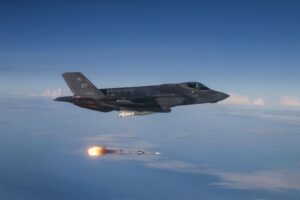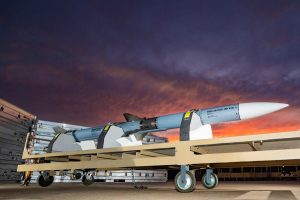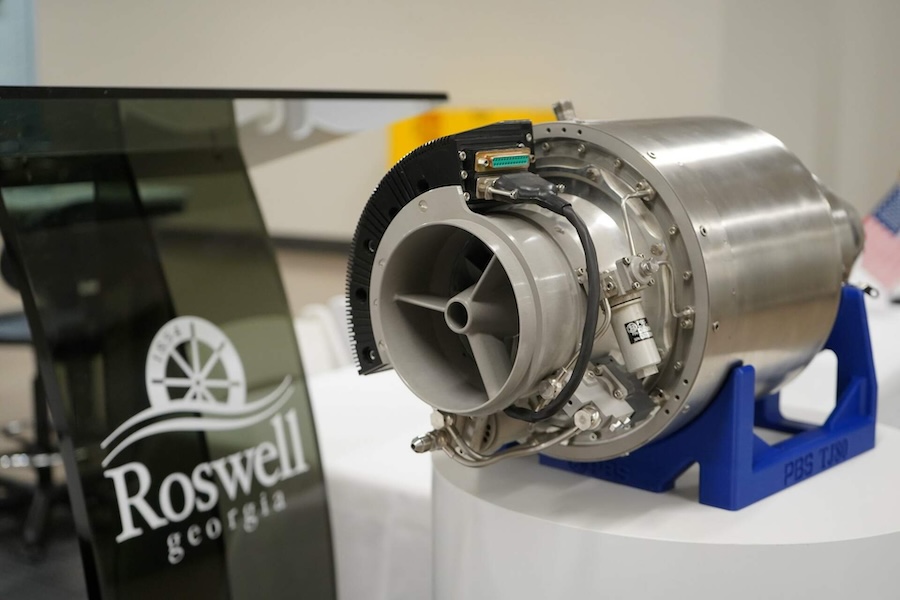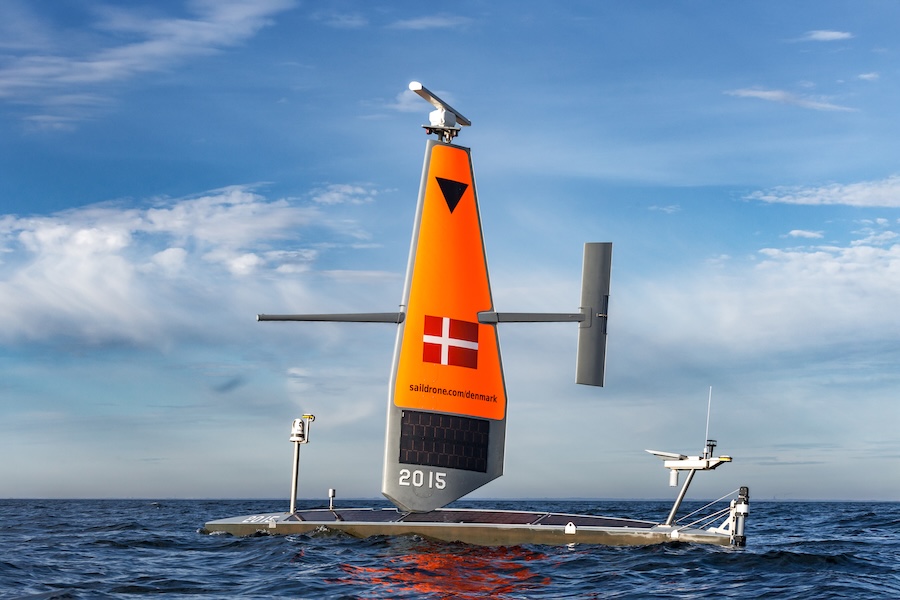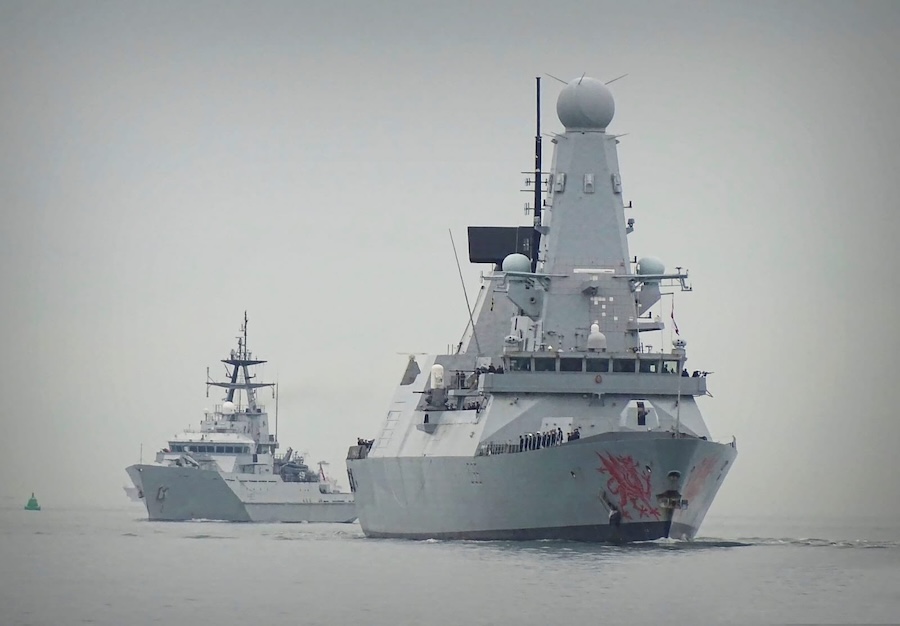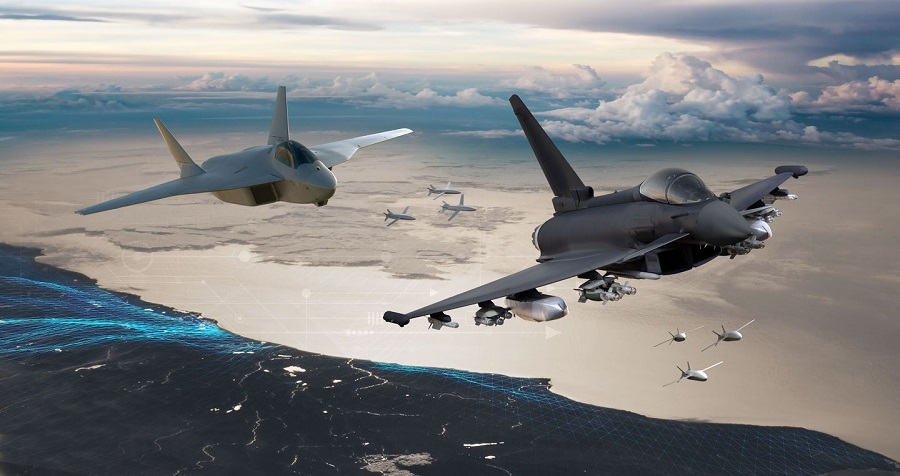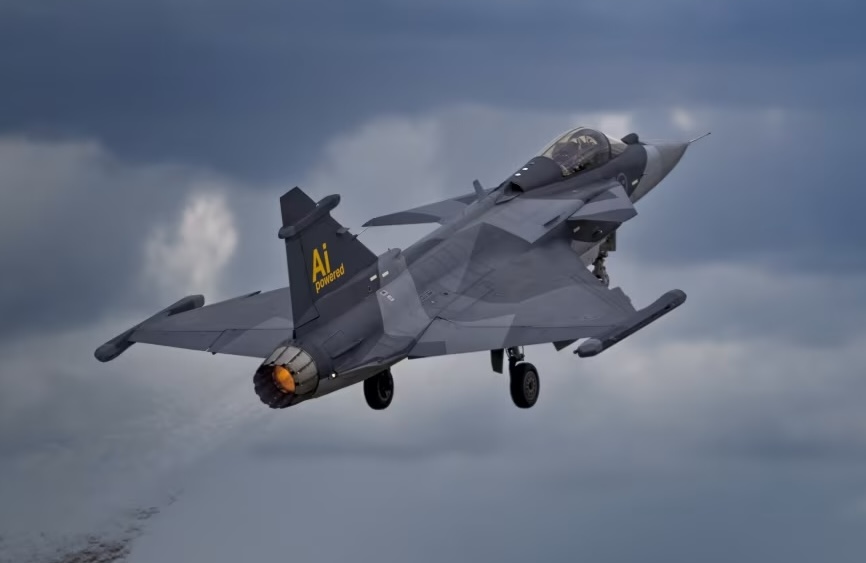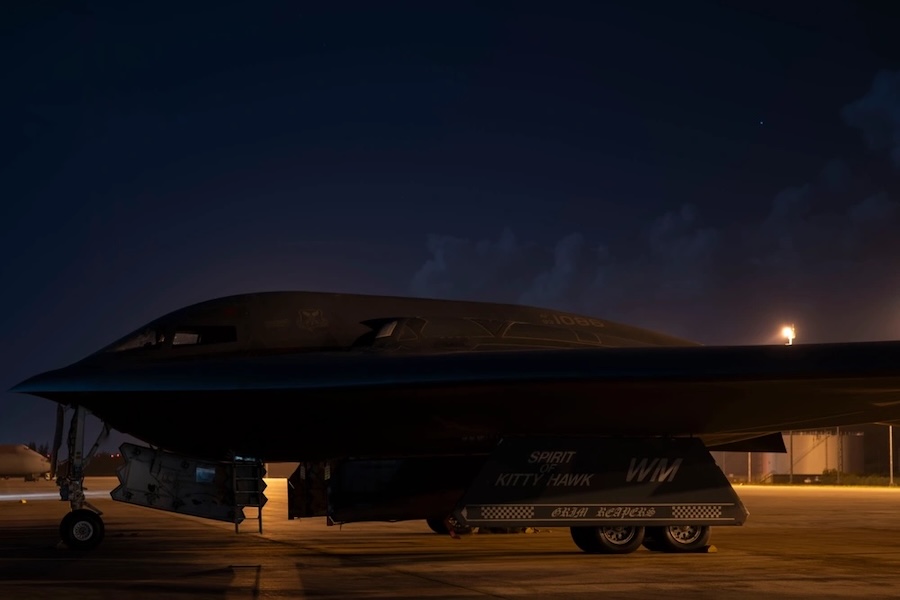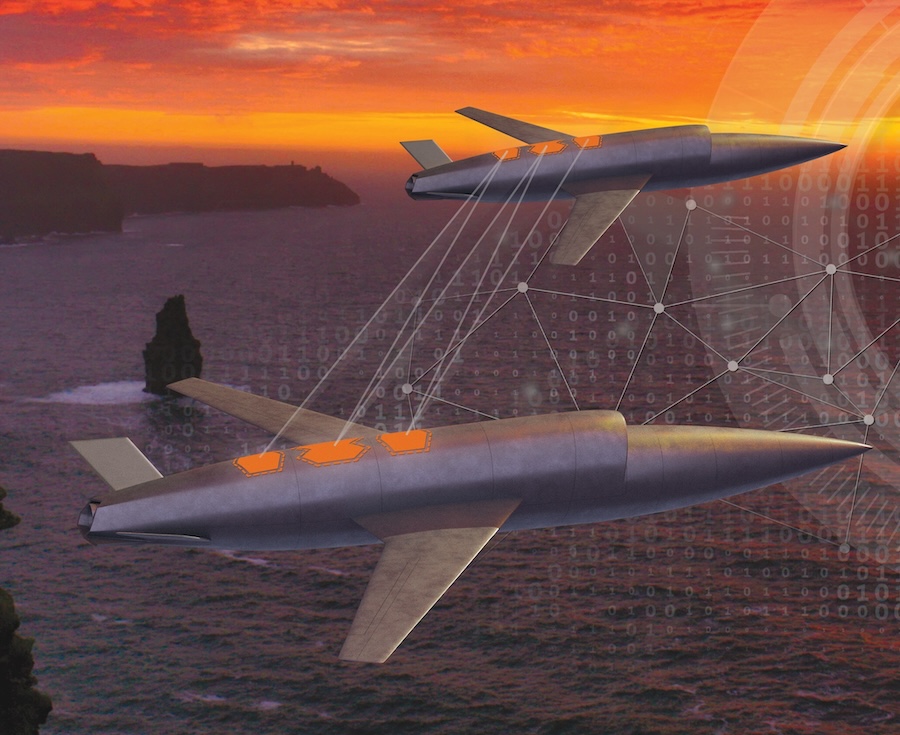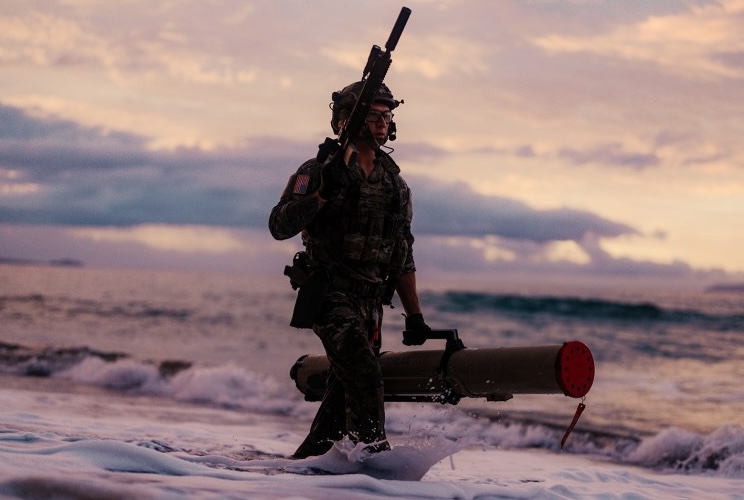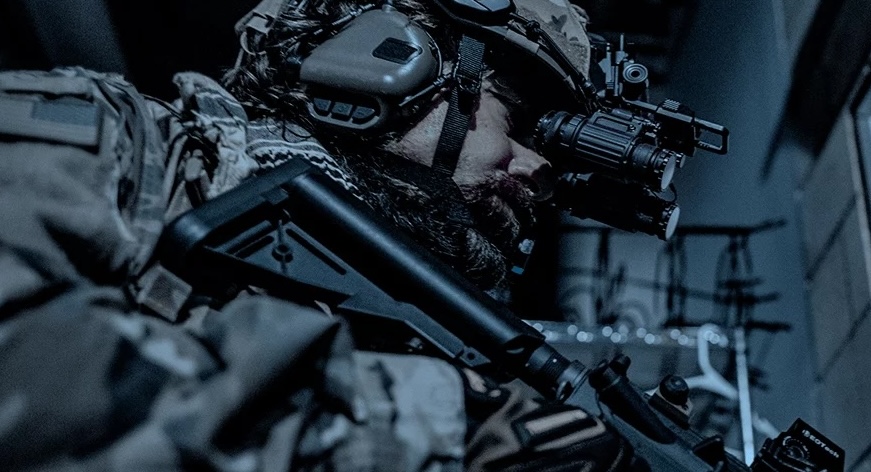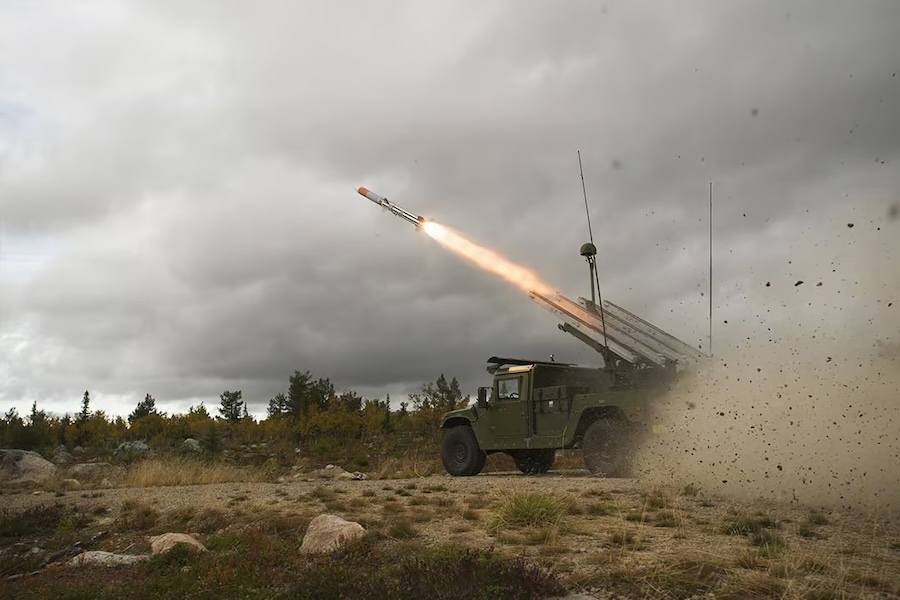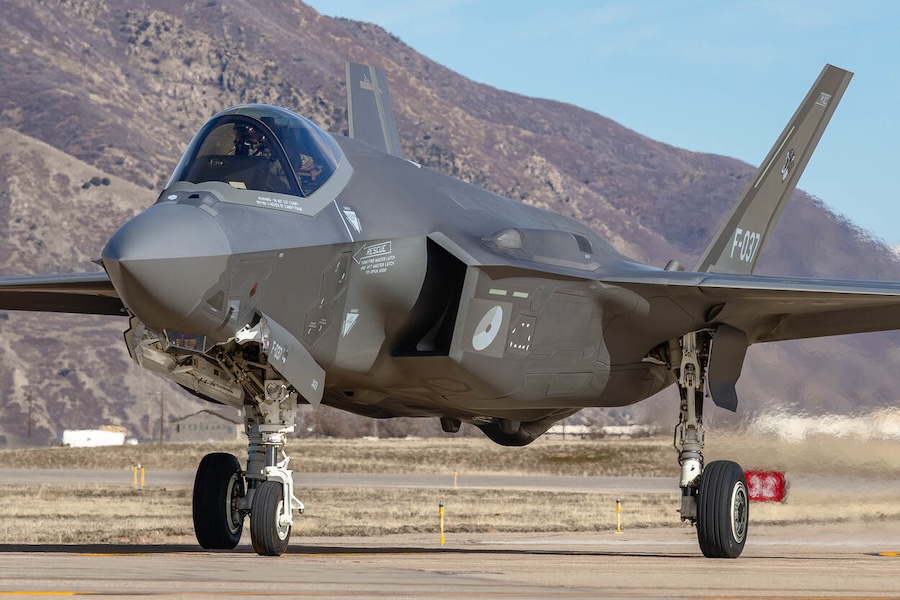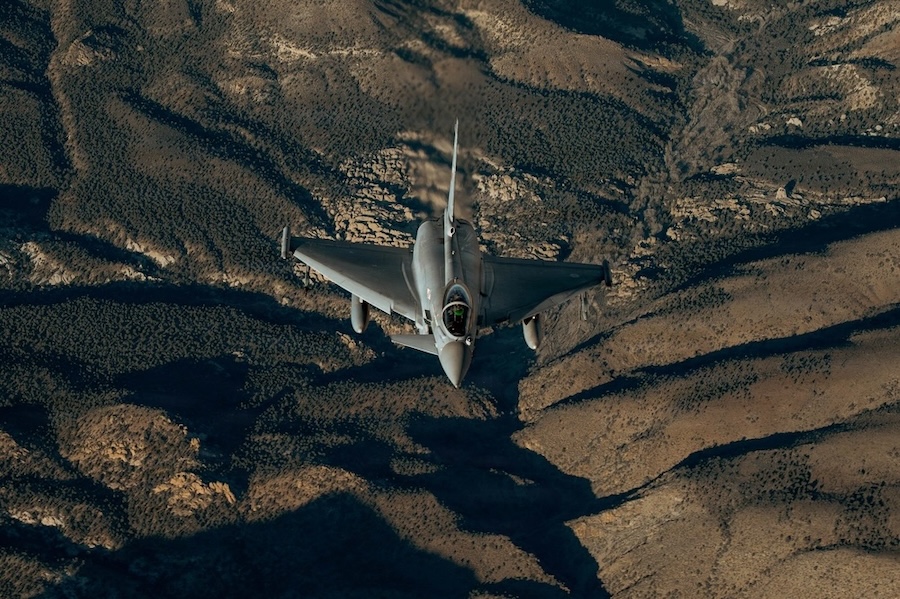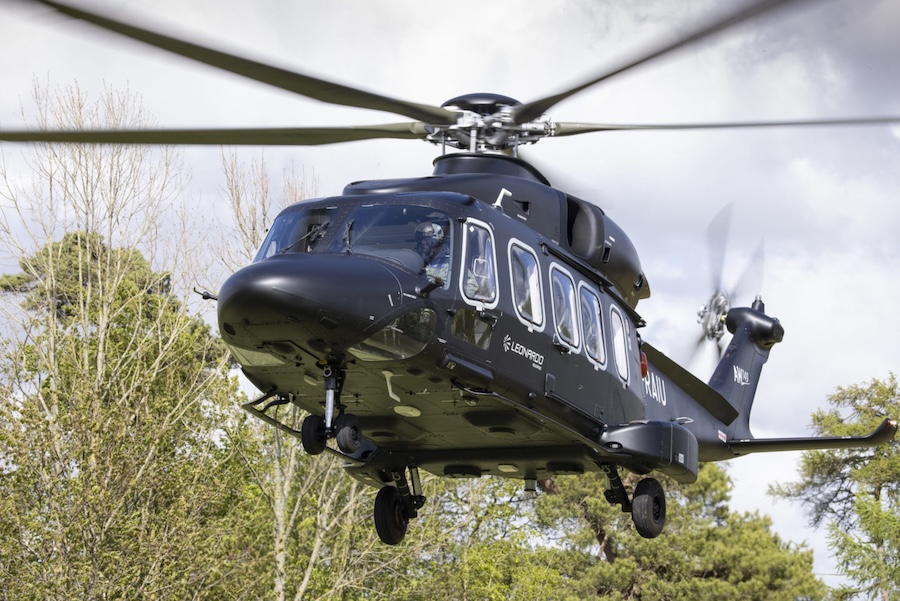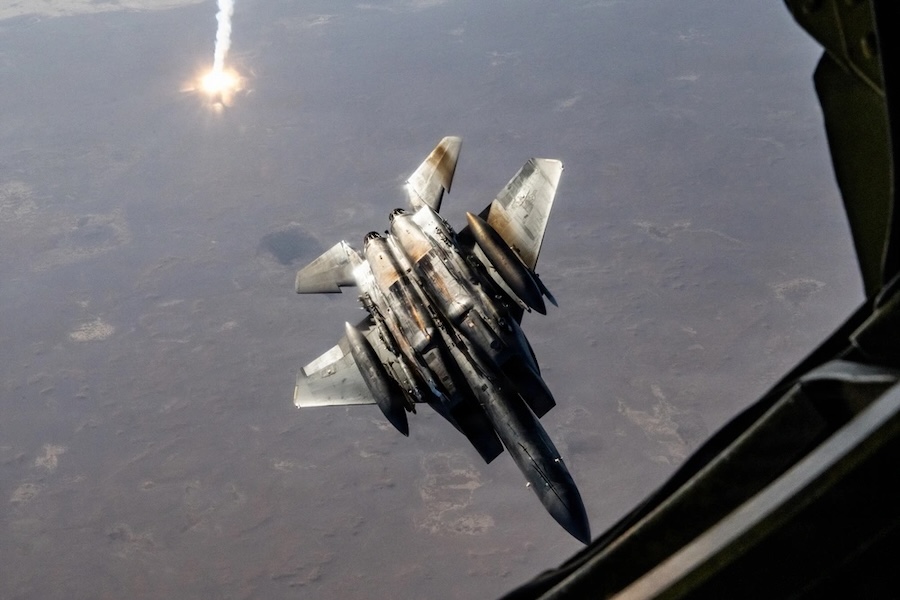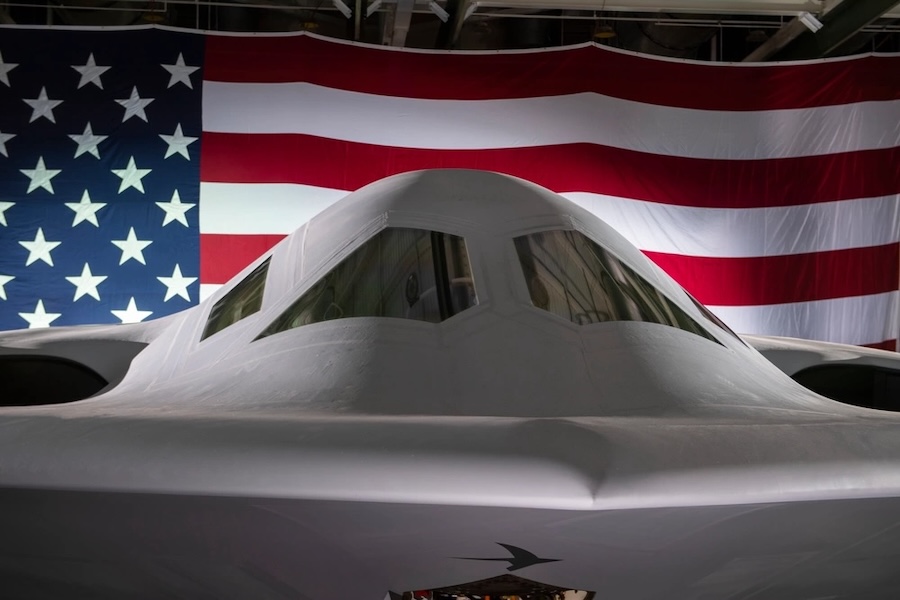Under the request, Australia seeks to acquire up to 200 AIM-120C-8 and 200 AIM-120D-3 Advanced Medium Range Air-to-Air Missiles (AMRAAMs), produced by RTX Corporation. The package also includes missile containers, spare parts, diagnostic equipment, support tools, classified software, and logistics and training services delivered by U.S. firms.
These missiles will be integrated into the Royal Australian Air Force’s (RAAF) modern fleet of combat aircraft. The AMRAAMs are compatible with the multirole Lockheed Martin F-35A Lightning II, Boeing F/A-18F Super Hornet, and the Boeing E/A-18G Growler, which is specialised in electronic warfare and suppression of enemy air defences.
Beyond aircraft deployment, the AMRAAMs also form a key component of Australia’s ground-based NASAMS (National Advanced Surface-to-Air Missile Systems), bolstering the nation’s layered air defence network. The inclusion of both C-8 and D-3 variants, currently the most advanced versions of the AMRAAM family, reflects a move to modernise and future-proof Australia’s defence posture.
“This proposed sale will support the foreign policy and national security objectives of the United States,” the DSCA stated. “Australia is one of our most important allies in the Western Pacific,” it added, citing the country’s vital role in regional peace and economic stability.
The AIM-120D-3 variant, in particular, represents the latest in missile development, with reported improvements in operational range, guidance, and resistance to electronic countermeasures. Although export approvals for the D-3 version only began in recent months, Australia may be among the first international operators, with other countries such as Poland showing interest in acquiring this capability.
The U.S. Government has clarified that the sale will not require any new U.S. military or contractor presence in Australia, nor will it impact American defence readiness. “Australia will have no difficulty absorbing this equipment and services into its armed forces,” the statement confirmed.
RTX Corporation, headquartered in Tucson, Arizona, will serve as the prime contractor for the deal. No offset arrangements have been proposed at this stage, though these may emerge through direct negotiations between RTX and the Australian government.





